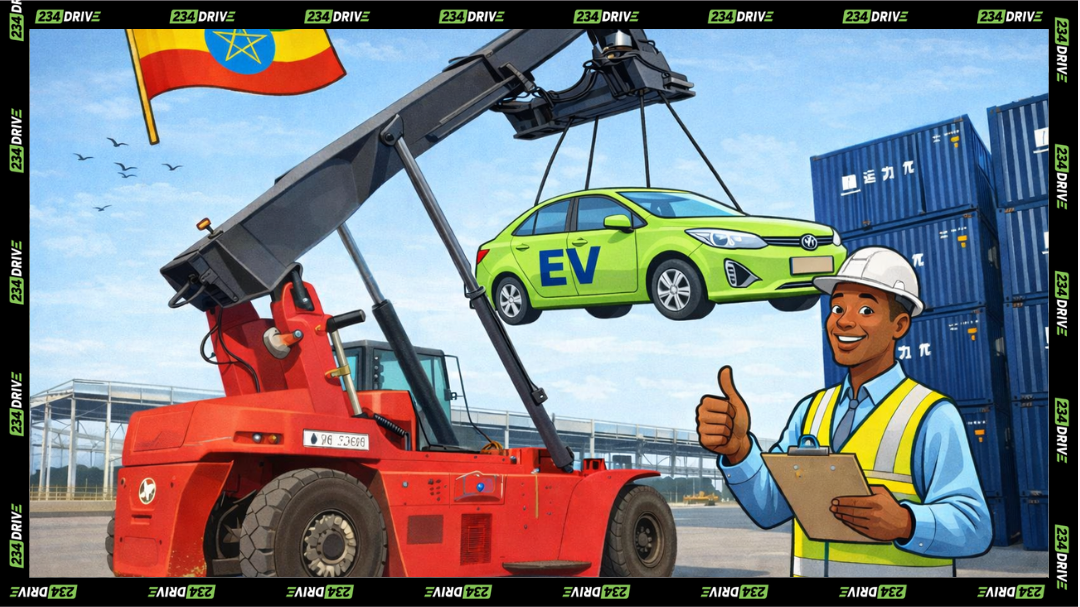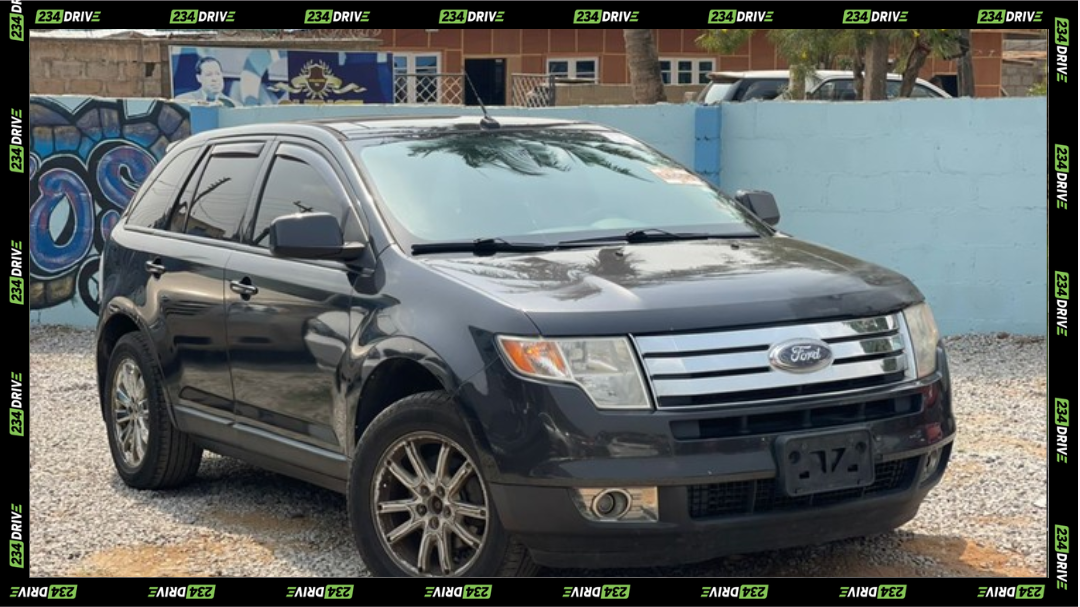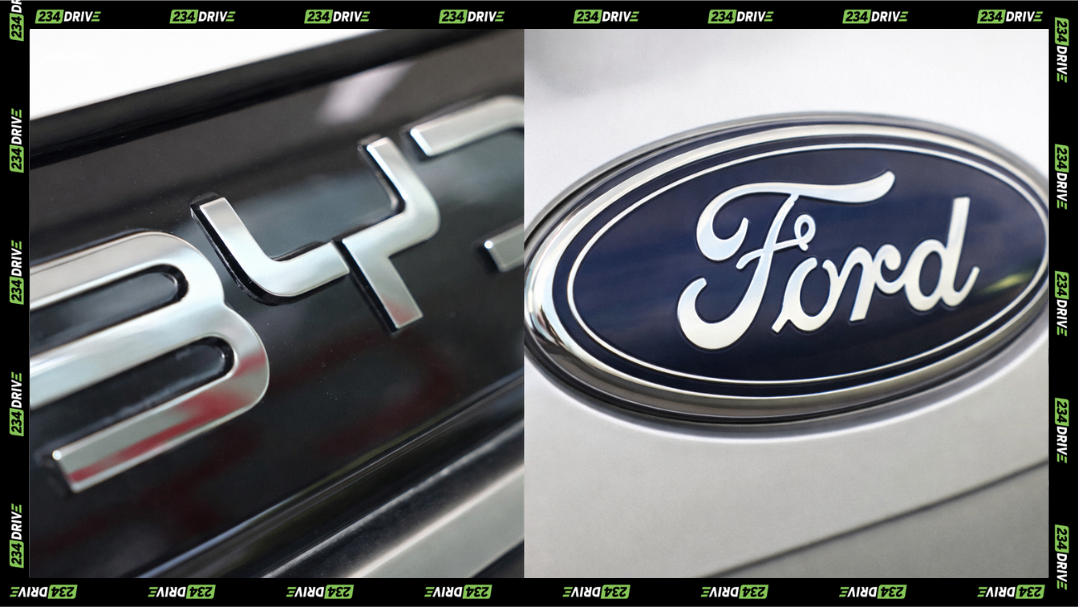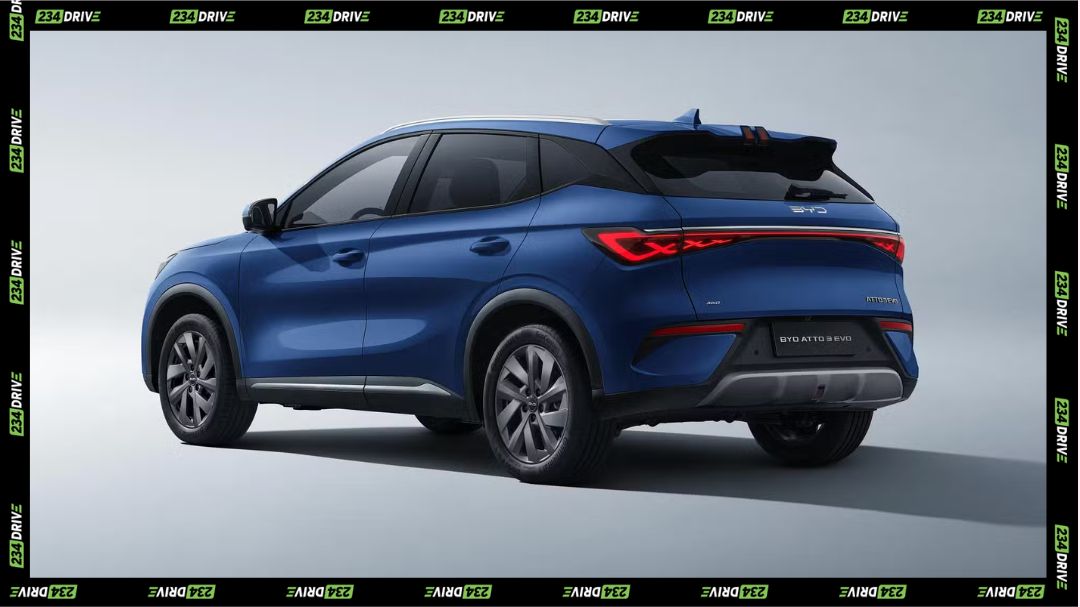Chinese car brands have gained a solid foothold in Nigeria’s automotive market in 2025. Their success is largely driven by affordability, feature-rich designs, and increasing acceptance among Nigerian buyers seeking alternatives to Japanese and European vehicles. Rising fuel prices, volatile exchange rates, and the demand for modern technology in vehicles have made brands like MG, Chery, GAC Motors, Geely, and Changan some of the fastest-growing players. Collectively, these companies are reshaping perceptions of Chinese automobiles in Nigeria and building reputations for reliability and value.
MG leads the way, ranking fourth overall in Nigeria’s automotive market, while Chery, GAC, Geely, and Changan follow with growing shares in both urban and family-oriented segments. Their pricing, typically starting between ₦20 million and ₦30 million for entry-level sedans and crossovers, offers a significant advantage over more established rivals. While debates continue around long-term durability compared to Toyota or Honda, new awards, extended warranties, and visible road presence across Lagos and Abuja show that these brands are steadily gaining trust.
MG: British Heritage with Chinese Innovation
MG has emerged as the most prominent Chinese brand in Nigeria, owned by China’s SAIC Motor but marketed with its British design heritage. In 2025, MG achieved a 91.8% surge in sales, positioning it as the fourth overall car brand in Nigeria. Its popularity is rooted in stylish SUVs like the MG ZS, HS, and RX5, which combine affordable pricing with features such as panoramic sunroofs, ADAS systems, and leather interiors. Prices for the MG ZS start around ₦25 million, while the HS ranges from ₦35 million to ₦40 million, and the RX5 hovers near ₦45 million.

The brand’s Nigerian operations are run through MG Motor Nigeria with showrooms in Lagos and Abuja. These outlets provide test drives and warranty-backed servicing, addressing earlier concerns about Chinese vehicles lacking after-sales support. MG’s presence on Nigerian roads, particularly in urban centres, is proof of its broad appeal, though some buyers point out that maintenance costs can still be higher than Japanese counterparts. The trade-off, however, is access to better technology at a lower initial cost.
Chery: Expanding Quickly Through Value
Chery has steadily grown its Nigerian presence under Carloha Nigeria, making significant gains in 2025 with models like the Tiggo 9 SUV. This 7-seater, priced between ₦40 million and ₦50 million, is positioned as the brand’s flagship. Other popular offerings include the Tiggo 8 Pro at ₦30 million and the Arrizo 5 sedan starting at ₦22 million. Chery emphasises value for money by combining affordability with premium features such as advanced safety systems, large infotainment screens, and hybrid variants for improved fuel savings.

The brand has also focused on visibility with showrooms in Lagos and media campaigns that highlight its affordability and safety credentials. Nigerians are increasingly seeing Chery vehicles on city roads, as sales rise from both individual buyers and corporate fleets. Challenges remain in terms of resale value, but its growing acceptance suggests a long-term upward trajectory.
GAC Motors: Spacious Comfort for Families
GAC Motors has built a reputation for offering spacious, family-friendly SUVs since entering Nigeria in 2018 through CIG Motors. Vehicles like the GS8, priced between ₦26 million and ₦29 million, and the GS4, starting at ₦23 million, are designed for families who prioritise space and comfort. The GS8, in particular, is a 7-seater with a powerful 2.0T engine and modern driver assistance technology, making it well suited to Nigeria’s roads and family travel needs.

The company has boosted its popularity with marketing campaigns, test-drive events in Lagos, and partnerships that expand its visibility. Affordability compared to Hyundai and Kia has also positioned GAC as a credible alternative for Nigerian families. While some drivers report delays in parts delivery, GAC’s steady road presence demonstrates its resilience in the market.
Geely: Targeting Eco-Conscious Buyers
Geely relaunched in Nigeria in 2024 through Coscharis Motors with a focus on hybrids and eco-friendly mobility. The Coolray crossover, priced at around ₦60 million, has become a talking point for younger professionals, offering turbocharged performance, panoramic views, and hybrid technology. The Starray SUV, priced between ₦50 million and ₦55 million, emphasises modern aesthetics and interior luxury. Meanwhile, the Emgrand sedan, updated with AI-assisted controls, provides a more affordable entry point starting from ₦25 million.
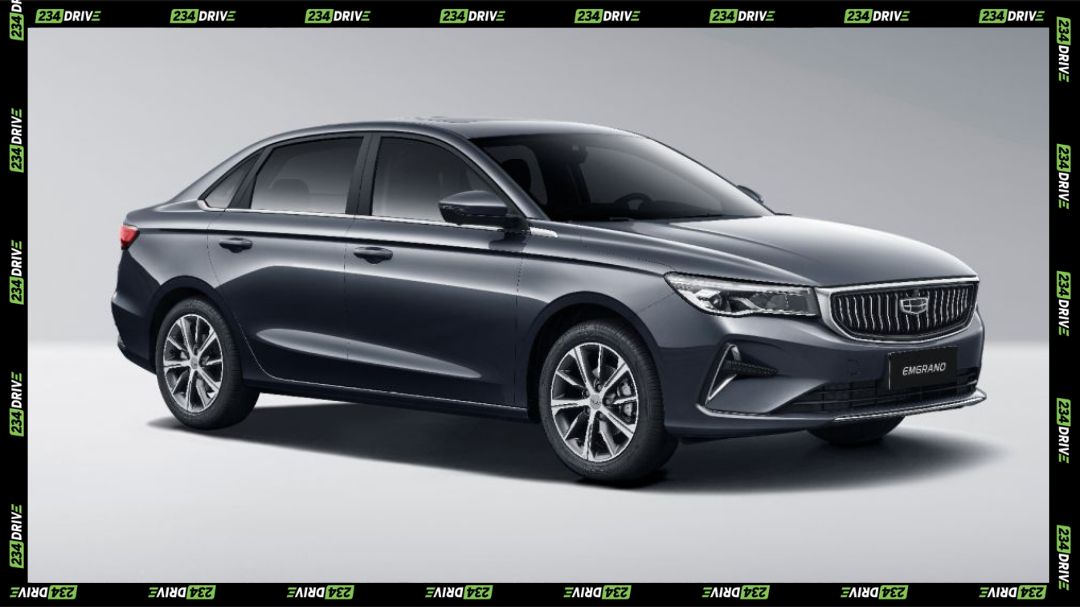
Geely’s global expansion strategy is reflected in Nigeria’s market, where rising fuel costs and energy concerns make hybrids more attractive. Nigerian buyers praise the Coolray for its fuel efficiency and road handling, but some caution remains about higher upfront costs compared to rival Chinese models. Despite this, Geely is seen as a forward-looking choice that aligns with Nigeria’s gradual transition toward cleaner energy.
Changan: Veteran Automaker with NEV Ambitions
Changan, China’s oldest state-owned automaker dating back to 1862, has gained traction in Nigeria through Mikano Motors. In 2025, the company targets 3 million global sales, with a significant portion coming from New Energy Vehicles (NEVs). Locally, it markets models like the Eado Plus sedan, priced at ₦22 million, the Alsvin hatchback from ₦20 million, and the CS75 Plus SUV at ₦28 million.
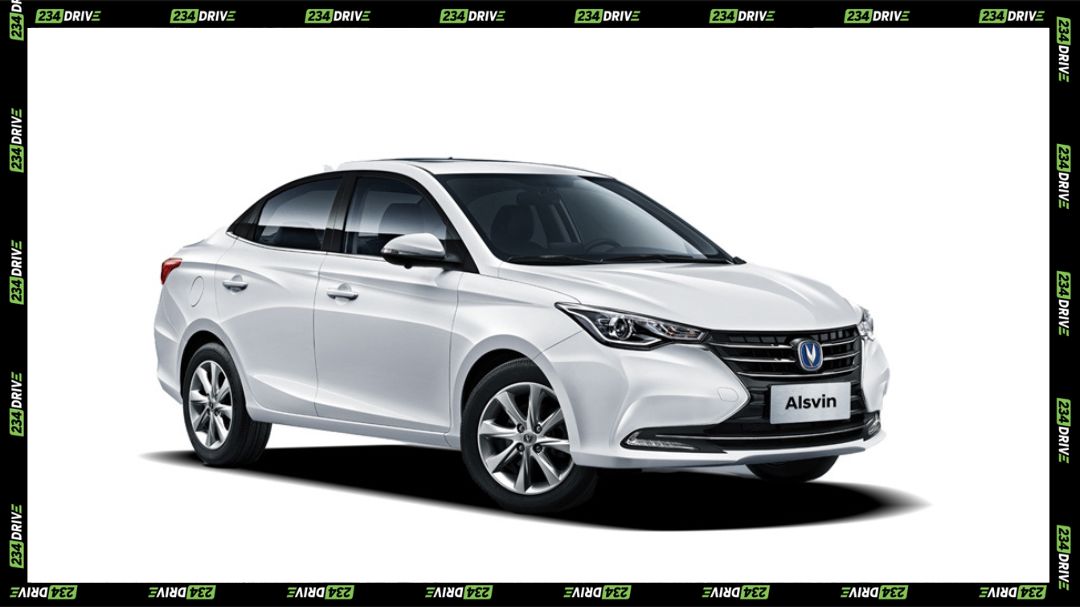
Changan appeals to Nigerian buyers with spacious interiors, intelligent driving features, and affordability. The brand gained additional attention when the Eado Plus was gifted to Miss Nigeria 2025, boosting its image as both aspirational and accessible. While resale values remain an obstacle, Changan’s focus on sustainability and hybrid innovation positions it well for Nigeria’s future automotive market.
Broader Market Context in Nigeria
The rise of these five brands must be viewed against the backdrop of Nigeria’s challenging automotive environment. Economic pressures, fluctuating exchange rates, and rising fuel prices have pushed many consumers to seek affordable alternatives. Chinese automakers have capitalised on this by providing vehicles that combine advanced technology with attractive pricing. Local partnerships with firms like Coscharis and Mikano have been crucial in addressing early criticisms around after-sales service and spare parts availability.
Nigerian buyers are also increasingly influenced by lifestyle factors. Compact models like the MG ZS and Geely Coolray appeal to young professionals navigating Lagos traffic, while larger SUVs such as the Chery Tiggo 9 and GAC GS8 attract families who need more space and comfort. High ground clearance, hybrid options, and modern driver assistance systems make these cars adaptable to Nigeria’s roads and climate.
Challenges and Comparisons
Despite their growth, Chinese brands face challenges in Nigeria. One of the most persistent concerns is resale value, as Japanese brands like Toyota still command greater trust in second-hand markets. Maintenance costs can also vary, with some parts more expensive or less available than those of long-established rivals. However, the tide is shifting as more consumers recognise the benefits of extended warranties, improved build quality, and competitive financing options from local banks.
Compared to European and Japanese brands, Chinese automakers still have work to do in establishing prestige. Yet, their competitive pricing and advanced features often outweigh these concerns for first-time buyers or families prioritising practicality over legacy brand status. As hybrids and electric vehicles gain ground, Geely and Changan are particularly well placed to capture eco-conscious consumers.
Future Outlook
Looking ahead, Chinese brands are projected to capture between 15 and 20 per cent of Nigeria’s market by 2026, according to Businessday. This forecast is supported by consistent year-on-year growth, government interest in diversifying imports, and the global shift toward greener vehicles. With rising fuel costs, limited public transport infrastructure, and a growing middle class, Nigeria provides fertile ground for Chinese automakers to expand further.
Buyers are advised to test drive models, compare warranty packages, and verify dealer authenticity before committing. MG and Chery currently offer the most accessible service networks, while Geely and Changan are carving niches in hybrid and electric mobility. Overall, the top five Chinese brands are redefining expectations of affordability and innovation, marking a pivotal transformation in Nigeria’s automotive landscape.


